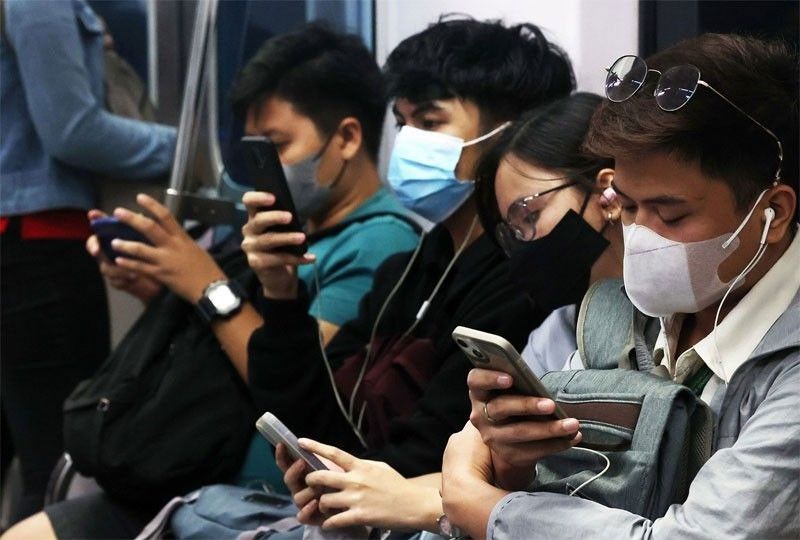65% of Filipinos Are Not Connected To The Internet
A startling 65% of Filipinos are still without internet access, according to a recent speech by the Department of Information and Communication Technology (DICT) of the Asian Development Bank (ADB). This startling number draws attention to the persisting digital gap in the nation that prevents some people from making use of the opportunities and advantages the digital era has to offer.
Anna Mae Lamentillo, undersecretary of DICT for public affairs and international relations, also brought up another worrying element of internet usage in the Philippines. While 86% of Filipino women have access to the Internet, many may not fully utilize it for productive endeavors. This inequality necessitates focused initiatives to enable women to use online resources for both personal and professional progress.
The DICT has stated its resolve to offer internet connectivity to every barangay (small community) in the Philippines, acknowledging the urgent need to close the digital gap. The DICT wants to prioritize connection activities to make sure that no community is left behind in the digital era, as just 35% of the population has access to the internet.

Filipinos take their time to look into job and business opportunities
The limited use of online platforms for employment and entrepreneurial endeavors by Filipinos is a serious issue brought on by the lack of internet connectivity. Less than 20% of Filipino internet users actively look for jobs and business opportunities online, letting them miss out on the immense potential that the internet has to offer.
Because of the widespread problem of poor internet connectivity, there is an urgent concern about how little the Filipino population uses Internet platforms for employment and business pursuits. Less than 20% of Filipino internet users regularly search for jobs and research possible business initiatives online, despite the growing importance of digital platforms in today’s employment market and business landscape. The internet is significantly underused, which deprives people of the many chances and advantages that the digital world offers.
The low level of participation by Filipinos in the online world represents a significant barrier to their ability to advance personally and professionally in an era where online job portals, freelance platforms, and e-commerce websites have become fundamental to the global economy. People who do not take advantage of the wealth of Internet resources are missing out on the chance to research a variety of employment prospects, network with potential employers or clients, and improve their skills and knowledge through online training programs.
Women Are More Likely to Buy Than Sell Online in E-Commerce
Additionally, the results of the DICT show a gender discrepancy in online economic activity. Only 6% of Filipino women actively participate in selling goods or services via online platforms, despite the fact that 55% of them make online purchases of both goods and services. For equitable economic growth to occur, it is imperative to close this gap and motivate more women to take advantage of online business opportunities.
Government agencies, businesses, and civil society organizations must work together to address the issue of poor internet connectivity, close the gender gap in online engagement, and advance digital inclusivity. Together, the Philippines can overcome these challenges and enable all of its people to take advantage of the Internet’s transformative potential for socioeconomic, professional, and personal progress.


